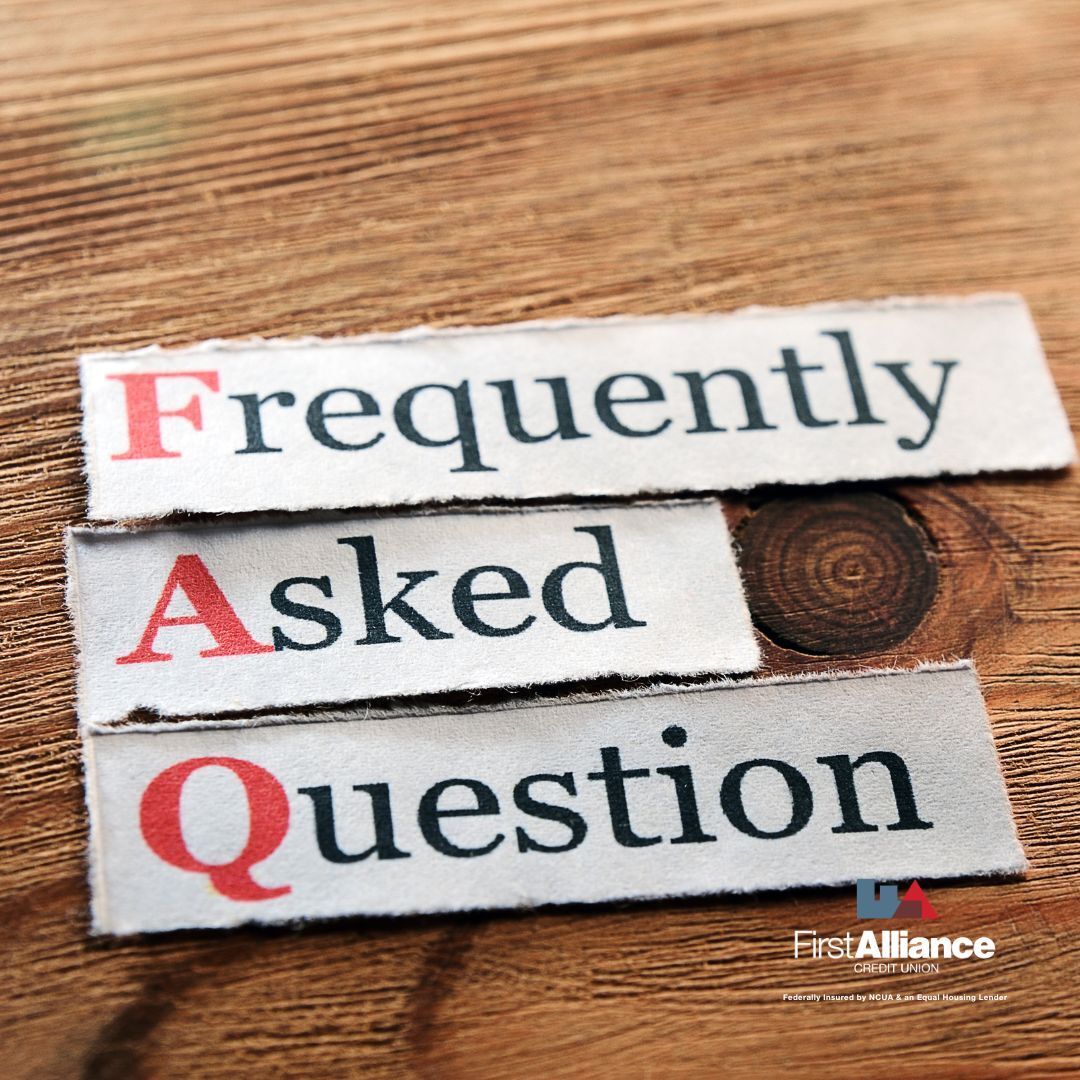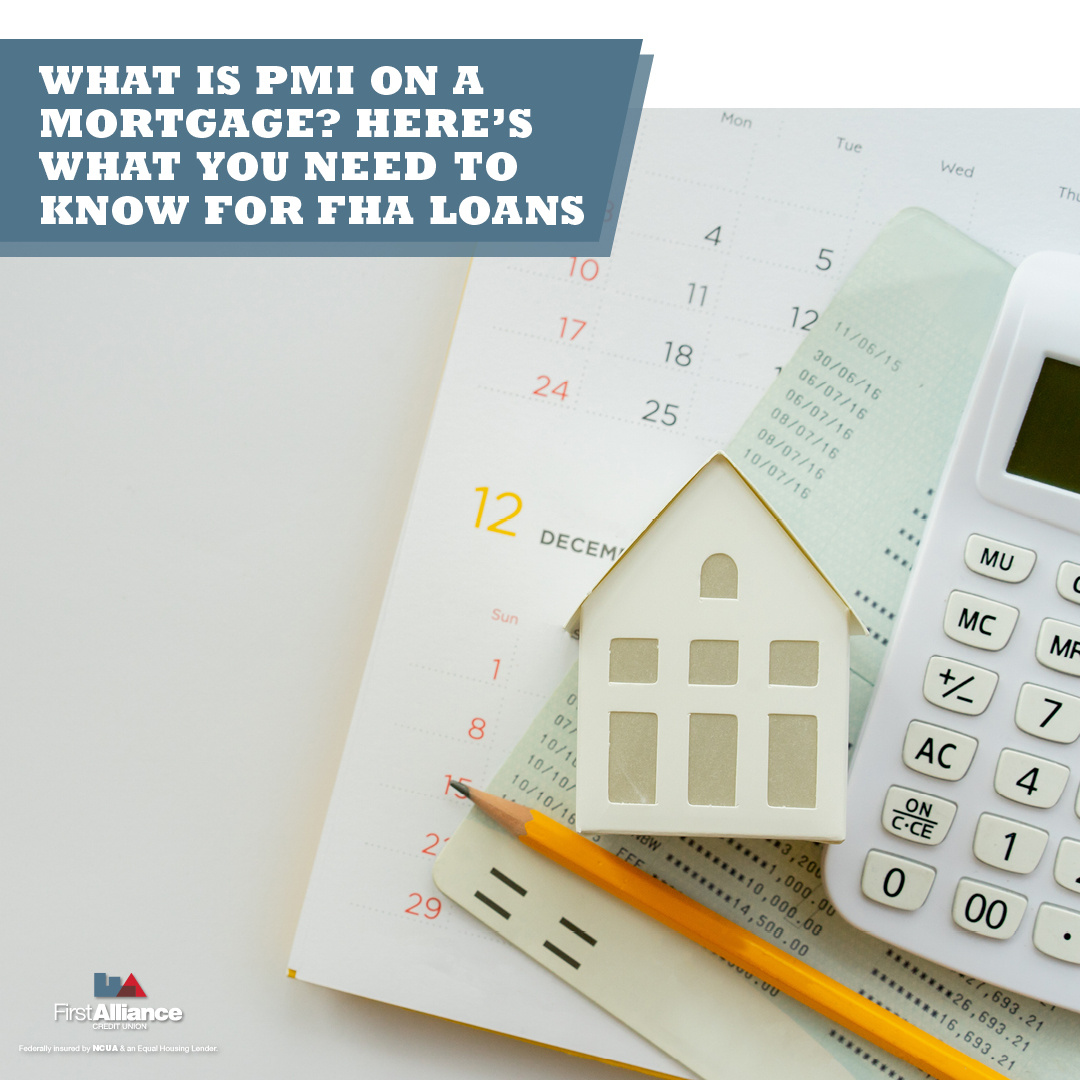Mortgage Points and Closing Costs Explained
Buying a home is an exciting and significant milestone in anyone's life. However, as you delve into the process of securing a mortgage, you may...

Buying a home is an exciting process that comes with a lot of responsibilities. When applying for a mortgage, it helps to know some important facts beforehand. The following answers to frequently asked mortgage questions can help you prepare for this important step in your own home-buying process.

Your credit score functions as your financial snapshot. Mortgage lenders use it to evaluate your ability to handle the fiscal responsibility of a home loan. Higher credit scores translate to better interest rates. While a low credit score won’t make it impossible to obtain a mortgage, it might take longer to find a lender. It also means you’ll pay a higher interest rate. If your credit score is lower than 620 it may be worth working to improve your credit score before purchasing your home with a mortgage. You could save a lot of money simply by increasing your score even a few points.

A pre-qualification letter is simply an evaluation that is based upon income, assets, and debts. The process doesn’t involve verification of information and only gives an estimate of how much money you might be able to borrow. A pre-approval has more credibility because it functions as a written commitment that is issued by a lender. It is based on your credit score and takes into consideration the same documents that are needed for the actual loan application.

Most commonly, lenders offer three loan types: Federal Housing Administration (FHA), Veteran Administration (VA) and conventional. FHA loans let buyers obtain a home with a minimal down payment (as low as 3.5 percent). This type of mortgage also allows for seller’s concessions. FHA mortgages are popular because they suit borrowers who have lower credit scores.
VA loans are reserved for veterans or some active duty members, but they still need to meet certain other criteria. In some cases, spouses of deceased military personnel might be eligible. Buyers who utilize VA loans can finance the whole amount of the home appraisal. Conventional mortgages require strong credit scores and large down payments, but they offer more buying power than other loan types. Additionally, they allow you to eliminate the mortgage insurance requirement.
The amount of the down payment depends on the type of mortgage and its terms. It also differs from lender to lender. Except for VA loans, expect to have between 5 and 20 percent of the purchase price on hand.
Buying a home should feel exciting, not confusing. Now you know how credit scores, pre-approval, loan types, and down payments work. With a clear plan, you can shop confidently, save money over time, and move in sooner. You do not have to figure this out alone. Visit First Alliance Credit Union and bring your questions. We will listen, explain your options in plain language, and help you choose a path that fits your budget. When you are ready, get pre-approved and start touring homes with confidence.

Buying a home is an exciting and significant milestone in anyone's life. However, as you delve into the process of securing a mortgage, you may...

If you're in the process of buying a home, you’ve likely come across the term Private Mortgage Insurance (PMI). It’s one of those extra costs that...

If you're considering purchasing a home, you will need to plan for a having down payment. While saving up for a down payment is a popular choice,...